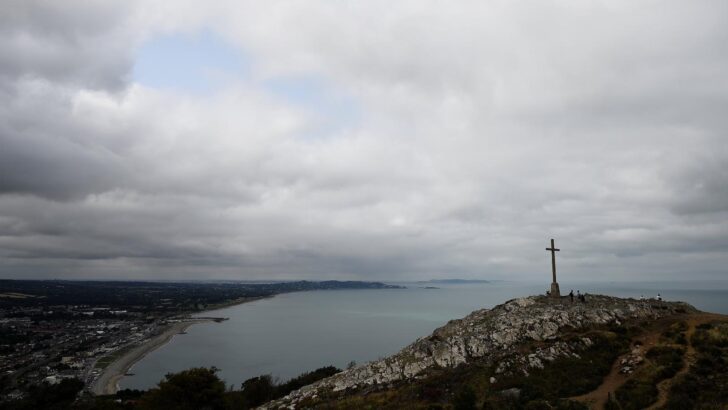The Church in Ireland’s safeguarding culture and structures have “greatly improved” in the past 10 years, according to a report from the national safeguarding body.
“A lot of progress has been made, and plans are in place to advance this further,” the overview report from the National Board for Safeguarding Children in the Catholic Church in Ireland (NBSCCCI) shows.
The safeguarding policies of all 26 dioceses were reviewed between 2018 and 2023, measuring their progress according to the seven 2016 safeguarding standards and the recommendations made during the previous round of reviews held almost a decade ago.
Of the 210 recommendations made to dioceses to improve safeguarding procedures, 202 were implemented, with eight dioceses failing to meet all standards.
Both children and parents interviewed for the reviews, providing an “important new perspective” for reviewers, the board says.
“It was clear that parents are satisfied that their children are safe when engaged in Church ministries and activities, and many shared that they have become more involved themselves as volunteers to support safeguarding at parish level,” said the NBSCCCI.
The management of cases of abuse has improved, with “better processes, better record keeping and greater understanding of the need for fair and just responses”, the board reports.
However, while the safeguarding body notes complainants were very satisfied overall, the records in some files “did demonstrate a lack of satisfaction with how the Church was caring and responding to their allegations of being abused as children”.
“The National Board believes that the dissatisfaction described by complainants and respondents alike relates to an absence of regular communication – even when nothing is happening in the management of their situation,” the board says.
Dioceses received 219 allegations of abuse, a majority relating to sexual abuse, against named diocesan priests since the first review.
There were 12 allegations against unnamed diocesan clergy and 43 allegations against priests from other Church bodies. These figures do not include religious sisters or brothers.
The board interviewed 18 complainants and received statements from six others in the course of their reviews.
While the small number means no strong statements could be made, the board says “there was evidence of a reduced reliance on legalistic responses to complainants, and examples of bishops being more prepared to meet with complainants”.


 Ruadhán Jones
Ruadhán Jones A huge cross is seen overlooking the Eastern Irish coastline of Counties Wicklow and Dublin in Bray, Ireland. Photo: OSV News photo/Clodagh Kilcoyne, Reuters
A huge cross is seen overlooking the Eastern Irish coastline of Counties Wicklow and Dublin in Bray, Ireland. Photo: OSV News photo/Clodagh Kilcoyne, Reuters 